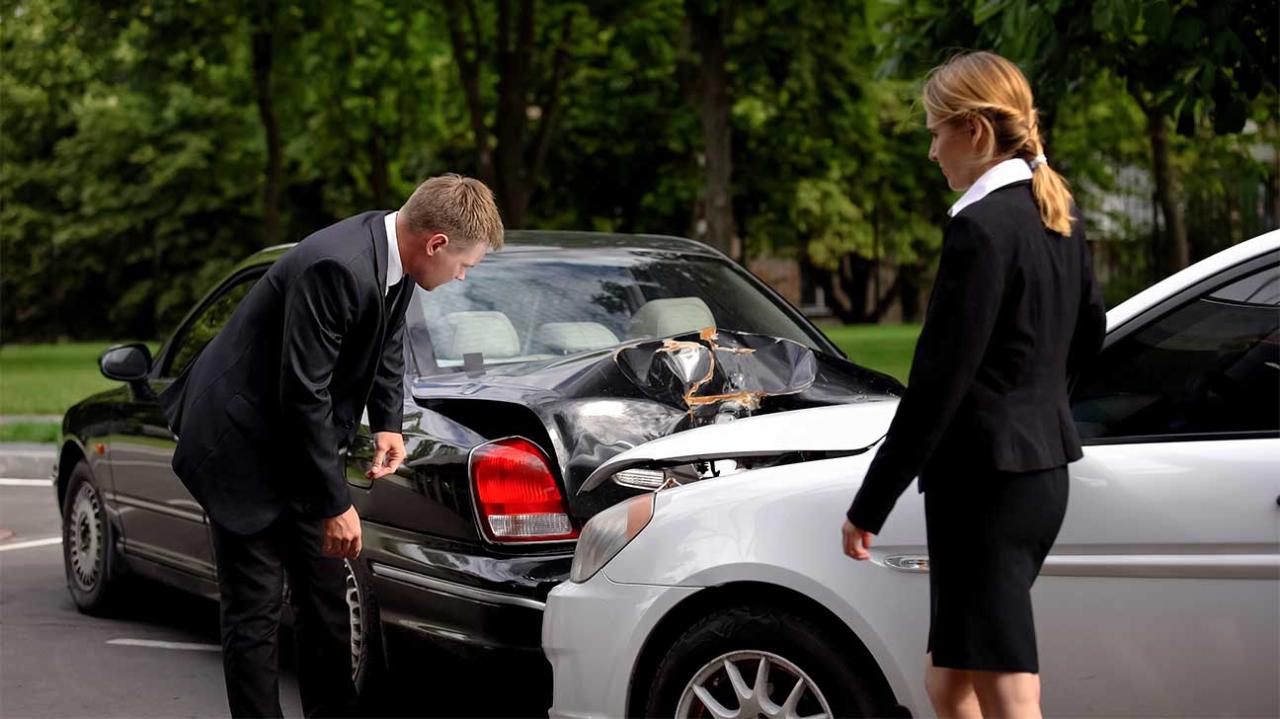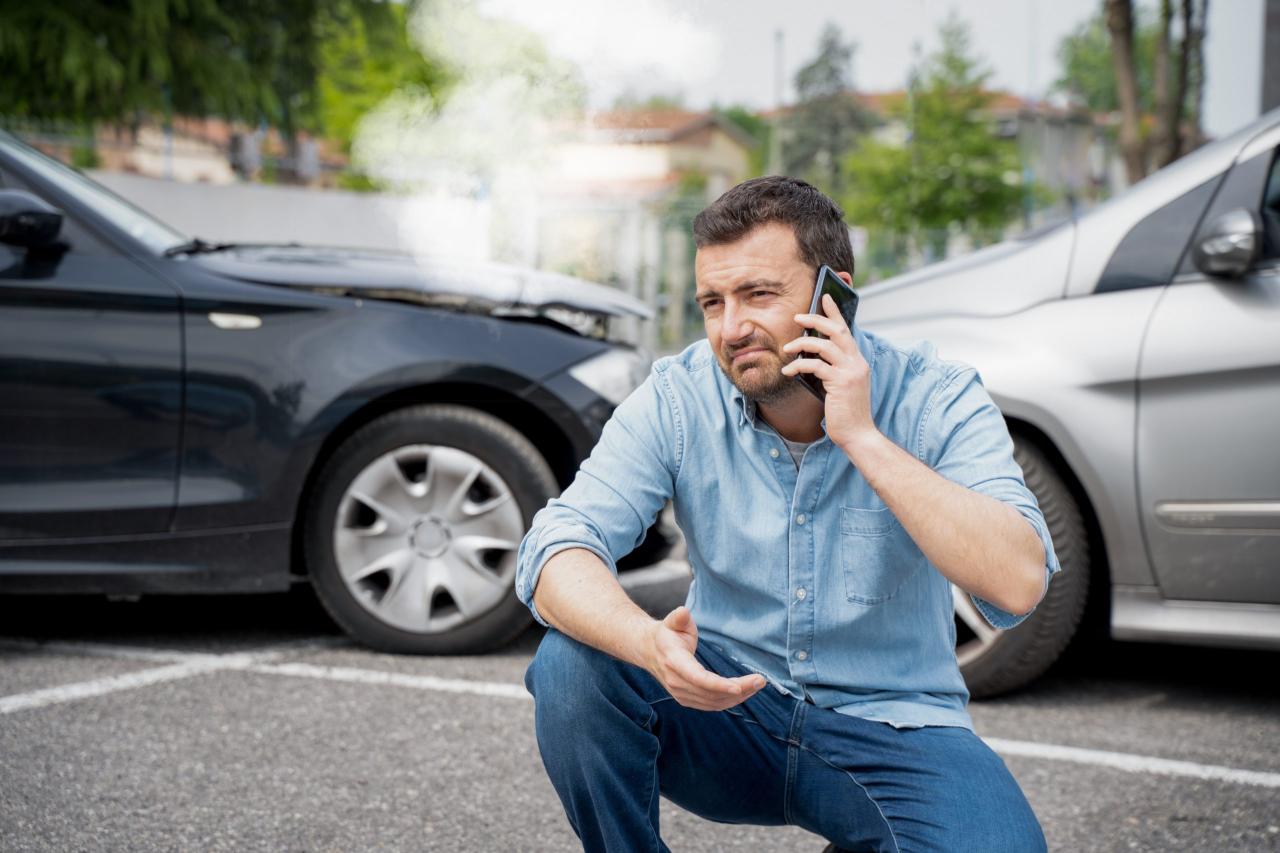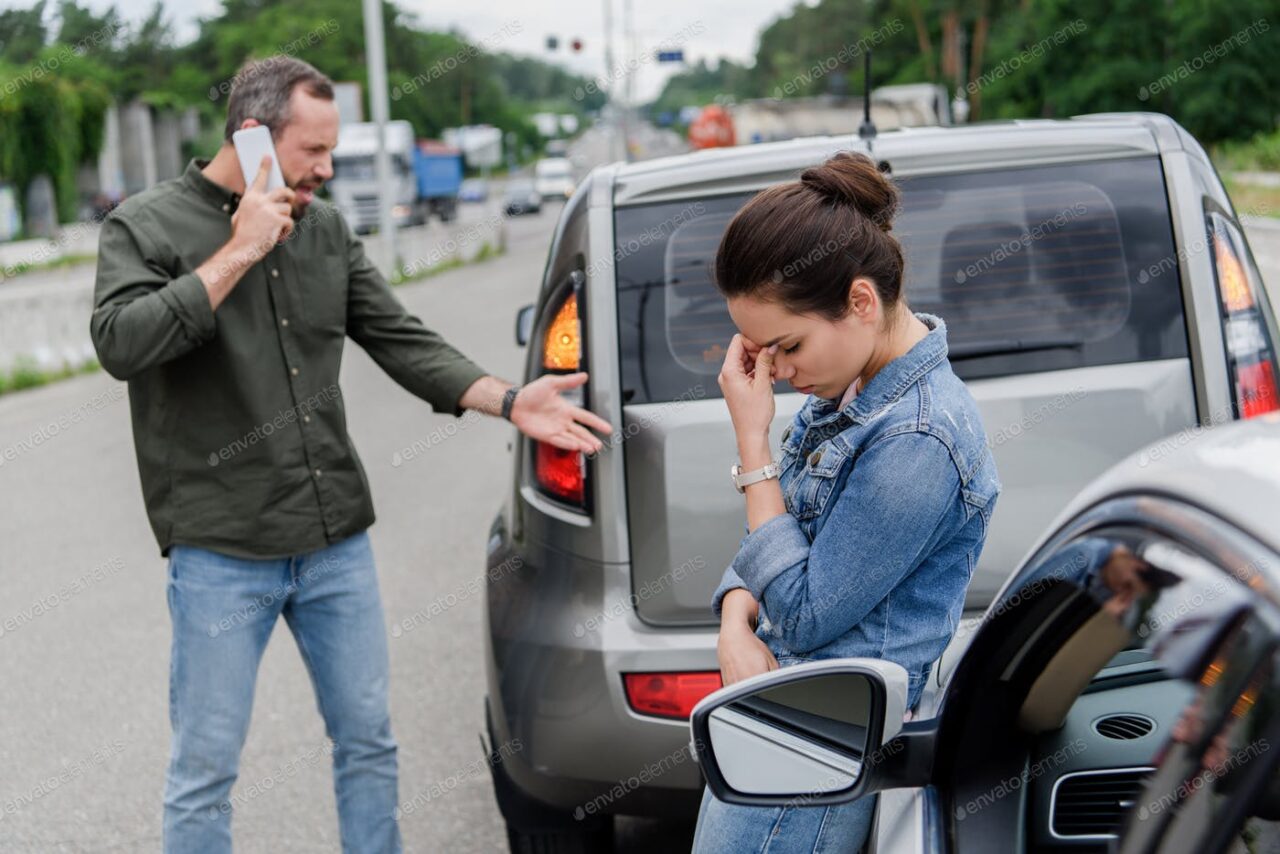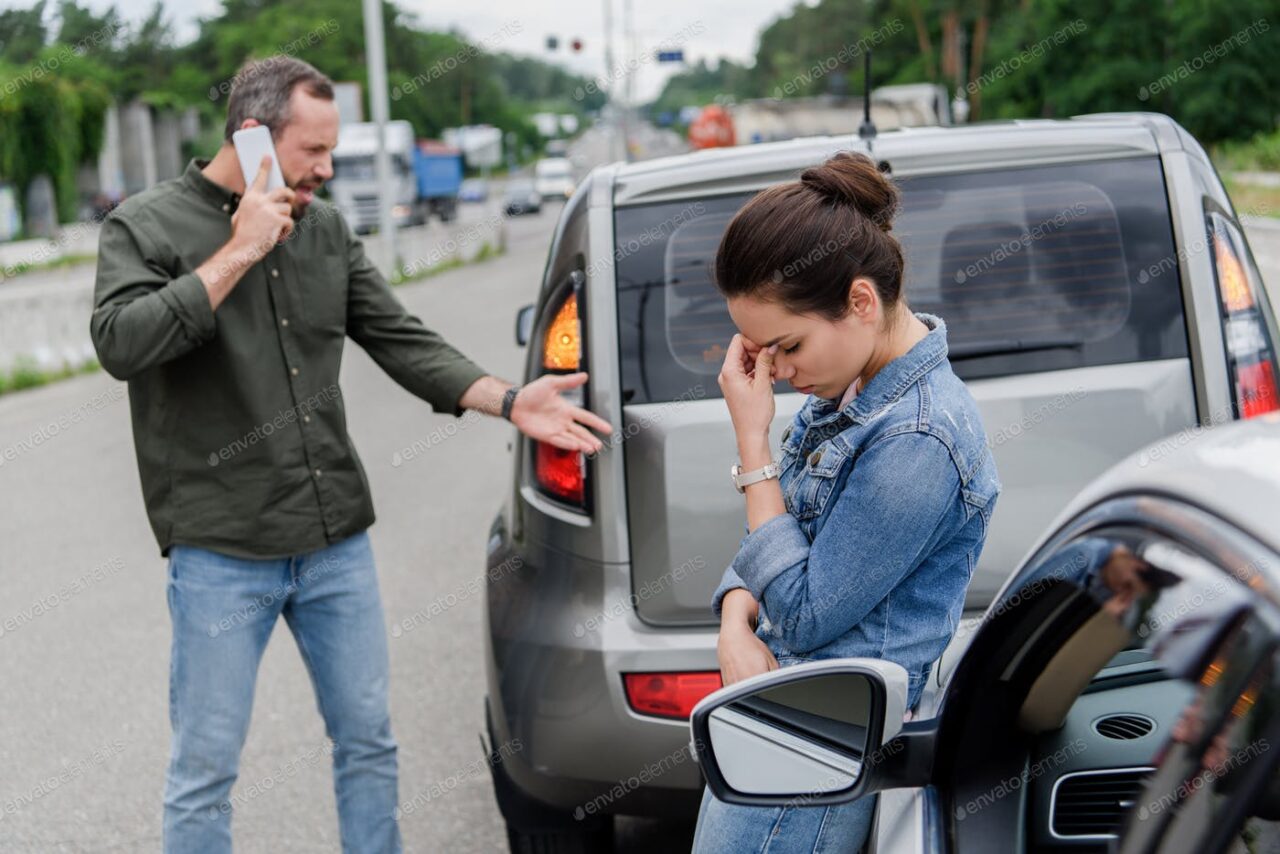Accident lawyer, these two words can evoke a range of emotions – fear, confusion, and even anger. It’s a reality we all face: accidents happen. Whether it’s a car crash, a slip and fall, or a workplace injury, the aftermath can be overwhelming. Navigating the legal system, dealing with insurance companies, and protecting your rights can feel like an insurmountable task. This is where an accident lawyer comes in.
An accident lawyer is a legal professional who specializes in representing individuals who have been injured in accidents. They possess the knowledge and experience to guide you through the complexities of the legal process, ensuring your rights are protected and you receive the compensation you deserve.
Benefits of Hiring an Accident Lawyer
After an accident, navigating the legal system and insurance claims can be overwhelming. Hiring an accident lawyer can provide valuable support and ensure you receive the compensation you deserve.
Advantages of Legal Representation
Having an experienced accident lawyer on your side offers numerous advantages.
- Expertise in Accident Law: Accident lawyers possess in-depth knowledge of relevant laws, regulations, and precedents, allowing them to effectively navigate complex legal procedures.
- Negotiation Skills: They are skilled negotiators who can advocate for your best interests when dealing with insurance companies and opposing parties.
- Protection from Exploitation: Insurance companies often prioritize their profits over the well-being of accident victims. An accident lawyer acts as a barrier against unfair settlements or tactics aimed at minimizing your compensation.
- Access to Resources: Lawyers have access to a network of experts, including medical professionals and accident reconstruction specialists, who can provide crucial evidence to strengthen your case.
Maximizing Compensation
An accident lawyer plays a vital role in maximizing the compensation you receive for your injuries and damages.
- Identifying All Damages: They can help identify all potential damages, including medical expenses, lost wages, pain and suffering, and property damage, ensuring you receive full compensation for your losses.
- Building a Strong Case: Accident lawyers meticulously gather evidence, interview witnesses, and consult with experts to build a compelling case that supports your claim.
- Negotiating with Insurance Companies: They possess the skills and knowledge to negotiate effectively with insurance companies, ensuring you receive a fair settlement that reflects the full extent of your injuries and losses.
- Litigating if Necessary: If negotiations fail, your lawyer is prepared to take your case to court and fight for your rights. They have the experience and resources to present a strong case in court.
Risks of Representing Yourself
While it may seem tempting to handle your own accident case, doing so carries significant risks.
- Lack of Legal Expertise: Navigating the legal system without professional guidance can lead to mistakes that weaken your case or result in missed deadlines.
- Vulnerability to Exploitation: Insurance companies are skilled negotiators who often use tactics to minimize payouts. Representing yourself can make you vulnerable to unfair settlements.
- Difficulty Gathering Evidence: Obtaining and presenting evidence effectively is crucial in accident cases. Without legal expertise, you may miss vital evidence or fail to present it correctly.
- Potential for Lower Settlements: Without an experienced advocate, you may receive a lower settlement than you deserve, leaving you with ongoing financial burdens.
Common Accident Law Terminology: Accident Lawyer

Understanding the language of accident law can be overwhelming. Knowing the meaning of key legal terms can help you navigate the complexities of your case. This glossary explains some of the most common terms used in accident law.
Negligence
Negligence is the failure to exercise the care that a reasonable person would exercise in a similar situation. To prove negligence, you must show that the defendant:
- Had a duty to act reasonably towards you
- Breached that duty by acting negligently
- Your injuries were a direct result of their negligence
For example, if a driver runs a red light and hits your car, they may be found negligent because they breached their duty to drive safely.
Liability
Liability refers to the legal responsibility for causing harm or damage. If someone is found liable for an accident, they are legally responsible for the damages caused. In many cases, negligence is the basis for liability.
Damages
Damages are the financial compensation that a court may award to a person who has been injured or suffered losses due to another person’s negligence. Damages can include:
- Medical expenses: Costs associated with treating injuries, including doctor visits, hospital stays, and medication.
- Lost wages: Compensation for income lost due to being unable to work after an accident.
- Pain and suffering: Compensation for the physical and emotional distress caused by the accident.
- Property damage: Compensation for repairs or replacement of damaged property.
Settlement
A settlement is an agreement reached between the parties involved in a legal dispute, often outside of court. In an accident case, the parties may agree on a settlement amount to compensate the injured party for their damages. This avoids the need for a trial.
Statute of Limitations
The statute of limitations is a legal deadline for filing a lawsuit. It sets a time limit on how long a person has to file a claim after an accident. The statute of limitations varies by state and type of case. Missing the deadline can prevent you from seeking compensation.
Understanding Your Rights After an Accident

After an accident, it’s natural to feel overwhelmed and confused. You might be injured, dealing with property damage, and unsure of what steps to take. It’s important to understand your legal rights and responsibilities to protect yourself and ensure you receive the compensation you deserve.
Knowing Your Rights and Responsibilities
Understanding your rights and responsibilities after an accident is crucial for navigating the legal process and protecting your interests. This involves knowing who is liable, what compensation you are entitled to, and the legal procedures involved.
- Liability: In most cases, the party responsible for the accident is the one who caused it. However, there are exceptions, such as situations involving shared negligence.
- Compensation: You may be entitled to compensation for various losses, including medical expenses, lost wages, pain and suffering, and property damage.
- Legal Procedures: You must follow specific legal procedures, such as filing a claim with the responsible party’s insurance company or initiating a lawsuit.
Gathering Evidence and Documenting the Accident, Accident lawyer
Gathering evidence and documenting the accident is vital for building a strong case and supporting your claims. It helps to establish the cause of the accident, the extent of your injuries, and the losses you have incurred.
- Take Photographs: Capture images of the accident scene, including the damage to vehicles, road conditions, and any injuries.
- Record Details: Note the date, time, and location of the accident. Include information about the other parties involved, their insurance details, and any witnesses present.
- Seek Medical Attention: Obtain immediate medical treatment for any injuries and keep detailed records of your medical appointments, diagnoses, and treatment plans.
- Get Statements: Gather contact information and statements from witnesses, including their observations about the accident.
Protecting Yourself from Potential Legal Repercussions
Taking steps to protect yourself from potential legal repercussions is crucial after an accident. This includes avoiding actions that could jeopardize your claim or weaken your case.
- Don’t Admit Fault: Avoid making statements that could be interpreted as accepting responsibility for the accident.
- Don’t Sign Documents Without Legal Advice: Review any documents carefully before signing them, especially those from insurance companies. Seek legal advice from an attorney to ensure you understand the implications of any documents you are asked to sign.
- Consult an Attorney: Seek legal advice from an experienced accident attorney to understand your rights and responsibilities, navigate the legal process, and protect your interests.
Common Mistakes to Avoid After an Accident
After an accident, it’s natural to feel overwhelmed and unsure of what to do next. However, certain actions can significantly harm your legal case. Understanding these potential pitfalls can help you protect your rights and maximize your chances of a successful outcome.
Avoiding Contact with Insurance Adjusters
It’s crucial to avoid speaking with insurance adjusters before consulting with an accident lawyer. Insurance companies are in business to make a profit, and they often try to minimize payouts. They may use your statements against you, trying to downplay your injuries or claim you were partially at fault.
“Never give a statement to an insurance adjuster without first speaking to an attorney.”
By consulting with an attorney first, you’ll have expert guidance on how to handle communications with insurance adjusters and ensure your rights are protected.
Resources for Accident Victims

Navigating the aftermath of an accident can be overwhelming, but you’re not alone. Numerous resources are available to assist accident victims, providing legal, medical, and emotional support. This section will guide you through these resources, helping you access the help you need.
Legal Aid Organizations
Legal aid organizations play a crucial role in providing free or low-cost legal assistance to individuals who cannot afford private attorneys. They offer a range of services, including:
- Legal advice and representation
- Information and referrals to other resources
- Assistance with filing claims and negotiating settlements
To locate legal aid organizations in your area, you can contact your local bar association, Legal Services Corporation, or search online directories.
Support Groups
Support groups offer a safe and supportive environment for accident victims to connect with others who have shared experiences. These groups provide emotional support, practical advice, and a sense of community.
- Support groups can help victims cope with the emotional and physical challenges of their injuries.
- They can provide a platform for sharing experiences, learning coping mechanisms, and finding strength in shared journeys.
You can find support groups online, through local hospitals, or through organizations like the National Organization for Victims of Crime (NOVC).
Government Agencies
Several government agencies offer assistance to accident victims, including:
- Social Security Administration: Provides disability benefits to individuals who are unable to work due to their injuries.
- Medicare and Medicaid: Offer health insurance coverage for eligible individuals, including those with disabilities.
- Department of Labor: Administers workers’ compensation programs, providing benefits to injured workers.
Contacting these agencies can help you understand your eligibility for benefits and access the financial support you need.
Seeking Medical Attention
Seeking medical attention immediately after an accident is crucial. It allows medical professionals to assess your injuries, provide necessary treatment, and document your condition.
- Medical records serve as vital evidence in personal injury claims.
- Thorough documentation of your injuries and treatment helps establish the extent of your damages and strengthens your case.
Even if you feel fine initially, it’s essential to undergo a medical evaluation to rule out any hidden injuries.
Documenting Injuries
Documenting your injuries is essential for building a strong personal injury case. This includes:
- Taking photographs of the accident scene, your injuries, and any damage to your vehicle.
- Keeping a detailed journal of your injuries, symptoms, and treatment.
- Collecting medical records, bills, and receipts related to your injuries.
This documentation provides concrete evidence of your injuries and the impact they have had on your life.
Last Recap
In the wake of an accident, it’s essential to understand your legal rights and options. An accident lawyer can be your advocate, navigating the intricate legal landscape and fighting for your best interests. By understanding the role of an accident lawyer, the benefits they offer, and how to choose the right one, you can empower yourself to navigate the challenges ahead with confidence. Remember, you don’t have to face this alone.
Navigating the legal landscape after an accident can be overwhelming. A skilled accident lawyer can help you understand your rights and options, ensuring you receive fair compensation for your injuries. While an accident lawyer focuses on personal injury claims, you may also need a divorce lawyer if your accident leads to complications in your marriage.
It’s important to seek legal guidance from professionals who specialize in the specific area of law you’re facing, whether it’s an accident or a divorce.
